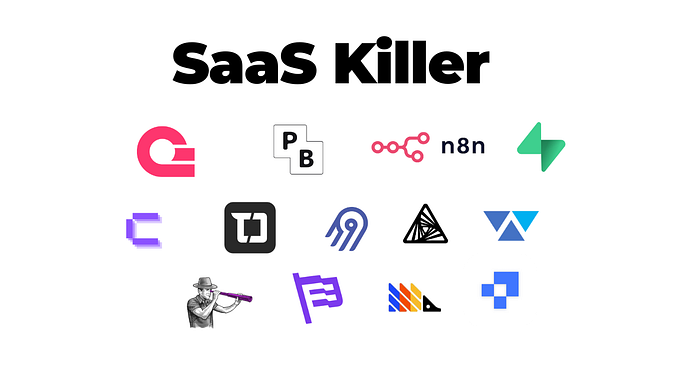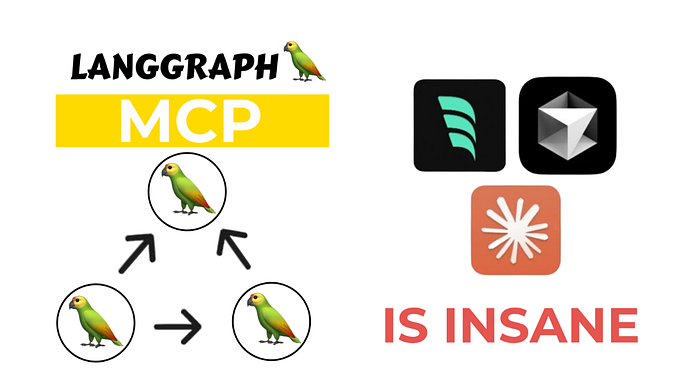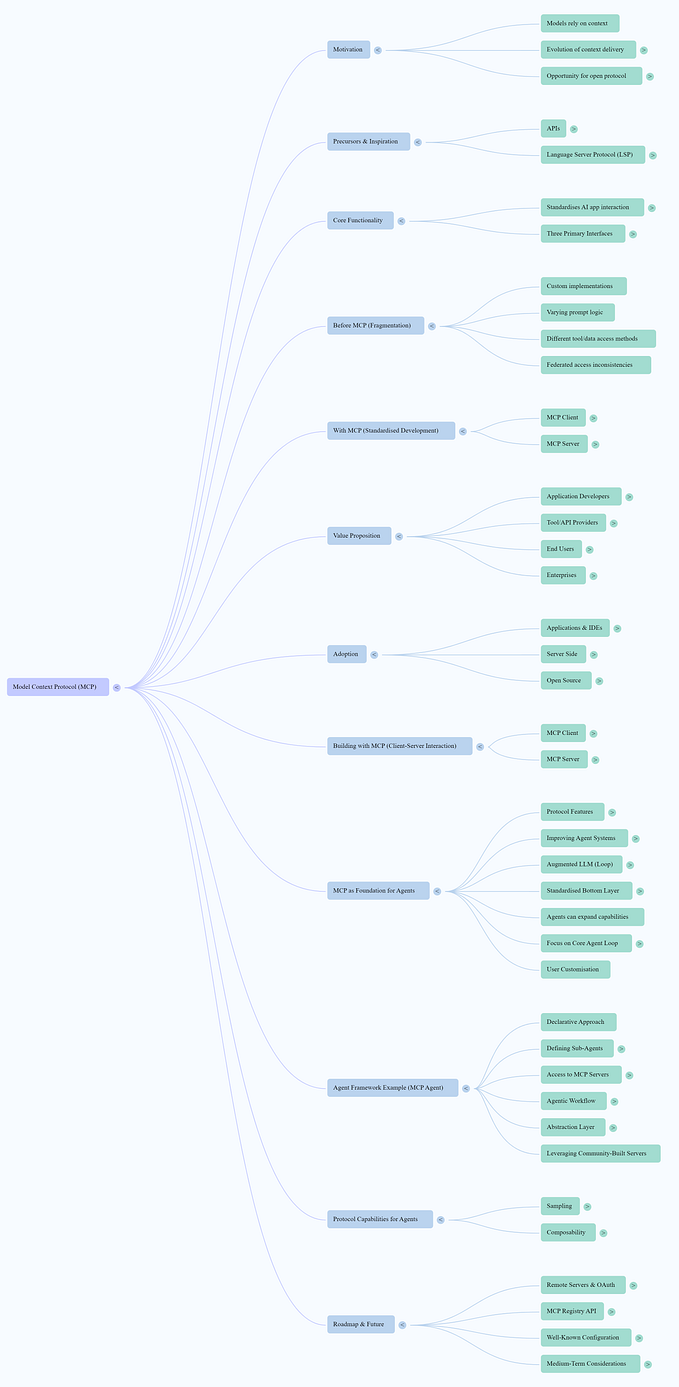Healthcare Chatbots: 8 Benefits and Use Cases

In the healthcare industry, chatbots are utilized for appointment scheduling, data gathering, medication reminders, symptom assessment, illness monitoring, and providing mental health support. Healthcare chatbots are programs that use AI/ML algorithms and natural language processing to mimic conversations with patients.
These chatbots, whether informative, conversational, or prescriptive, provide immediate responses, 24/7 availability, efficient resource management, and enhanced patient satisfaction.
Acropolium
In the past 15+ years, Acropolium has delivered tailored software and consulting services for the medical industry. In this post, we’ll share insights from our healthcare software development experience, highlighting the algorithms used in chatbots.
Healthcare Chatbots: Main Types and Benefits

As people become more comfortable with using technology to manage their health, the demand for virtual medical experiences is increasing. Generally, chatbots can provide convenient and affordable access to healthcare services.
Valued at $230.28M in 2023, the global healthcare chatbots market is set out to reach $944.65M by 2032, growing at a CAGR of 16.98%.
Currently, there are three types of chatbots in healthcare:
- Informative chatbots that provide users with advice and information through pop-ups. They are built with the least intrusive AI-based approach with pre-set responses, which is ideal for mental health support or addiction rehabilitation.
- Conversational Chatbots that address patient concerns and answer specific questions by utilizing NLP for effective speech processing.
- Prescriptive Chatbots that offer medical advice based on user-provided information based on NLP algorithms and a current knowledge base for accurate insights.
Apart from automating medical communication and basic problem solving, businesses can uncover even more tangible advantages of chatbots in healthcare:
- 24/7 availability of bots, usually SaaS-based, allows medical staff to respond instantaneously, limited only by network and server performance. With proper server setup, such software ensures nearly 100% uptime.
- Instant access to medical data helps to maintain superhuman reaction times, as most chatbots are built with robust intelligence levels and automated datasets.
- Healthcare chatbots optimize resource management by digitizing initial conversations with patients, thus enabling medical staff to focus on their core activities.
- With quick and accurate responses, bots boost patient satisfaction, which strengthens trust in your business.
- By advising patients and helping them avoid unnecessary tests, bots promote reduced patient care costs.
- Since bots act as programmed, automated assistants, they facilitate follow-up interactions and ensure adherence to treatment plans, which lowers readmission rates.
Chatbot Use Cases in Healthcare

Despite being a supportive tool to medical management software, chatbots can significantly improve operations, gather essential information and provide quick assistance to patients. Let’s explore some of the most representational healthcare chatbot use cases.
Symptom Assessment and Diagnosis
Using AI algorithms and an extensive medical knowledge base, symptom assessment chatbots help users to check their health status. AI chatbots in healthcare like Buoy and Ada software suggest possible conditions, assisting users in checking their health state.
Data Collection
Bots in healthcare apps collect patient data and symptoms, automating the transfer into EMRs and saving resources on manual entry while following HIPAA compliance. For example, HealthJoy’s JOY can also review prescriptions by querying patient details.
Insurance Inquiries and Claims
Filing insurance inquiries and claims is a standardized process that can be time-consuming and requires automation. For that reason, hospitals can employ software like MyCigna to streamline insurance inquiries and claims. Such tools provide information about coverage, benefits, and claim status, simplifying the process for users.
Appointment Scheduling
Bots monitor available slots and manage appointments with medical professionals. Kyruus is one of the examples of chatbots in healthcare assisting users in scheduling meetings with doctors and nurses.
Treatment Plan Adherence
Healthcare chatbots remind patients to take medications on time and provide necessary information. For such purposes, Medisafe manages dosing schedules and monitors potential drug interactions.
Medication Refills
At some point, patients might not notice that they’re running out of their medicine. And skipping one of two days until getting medication refills is a common problem. Digital assistants, like those by Capsule and Truepill, automate prescription refill workflows, making it easy for users to renew their medications.
Mental Health Support
Some chatbots like Woebot offer mental health support through techniques CBT, DBT, meditation, and motivational interviewing techniques. This way, they help users build mental resilience and start their healing journey.
Chronic Disease Monitoring
Medical companies also use chatbots for regular updates to doctors on chronic conditions. As an example, Livongo helps with diabetes management, while Cara Care offers personalized care for chronic gastrointestinal issues.
Emergency Response
For non-severe conditions, a chatbot can assist by asking simple questions and cross-checking the responses to the patient’s medical history. For serious medical cases, medical businesses use more sophisticated emergency helper software.
Bots like Aiden assist with emergency cases by asking questions and providing CPR and first aid instructions through concise messages.
Acropolium’s Approach to Chatbot Development for Healthcare Industry Operations
Developing a healthcare chatbot starts with making several strategic decisions. It’s advisable to undertake this journey with a dedicated team of experienced software developers. Here’s what we help our clients with during consultations:
- Identify desired chatbot healthcare use cases.
- Determine bottlenecks and set clear objectives.
- Ensure cooperative and context-aware responses.
- Maintain a suitable pace with concise and non-technical replies.
- Consider pattern matching, machine learning, and deep learning (NLP and NLU).
- Apply techniques requiring structured data or those allowing independent inferences.
- Ensure technical oversight by AI engineers.
- Define user journeys for both patients and clinicians.
- Tailor the user interface to the target audience’s preferences.
- Decide between Backend as a Service (BaaS) or custom-built solutions.
- Choose the right tech stack, security mechanisms, and database structure.
- Ensure access to professional healthcare chatbot development services and IT outsourcing experts.
Acropolium offers comprehensive healthcare chatbot development services for telemedicine, mental health support, and insurance processing. Our expertise in mHealth app development allows us to build custom medical chatbots from scratch or use pre-designed components.
Our experience spans a range of applications, including an addiction recovery app that decreased the client’s budget by 40%, a SaaS appointment scheduling with patient wait time decreased by 25%, and pharmacy kiosk software that increased sales by 47%.
Reach out to us to discover the latest healthcare technologies that can streamline your business!










